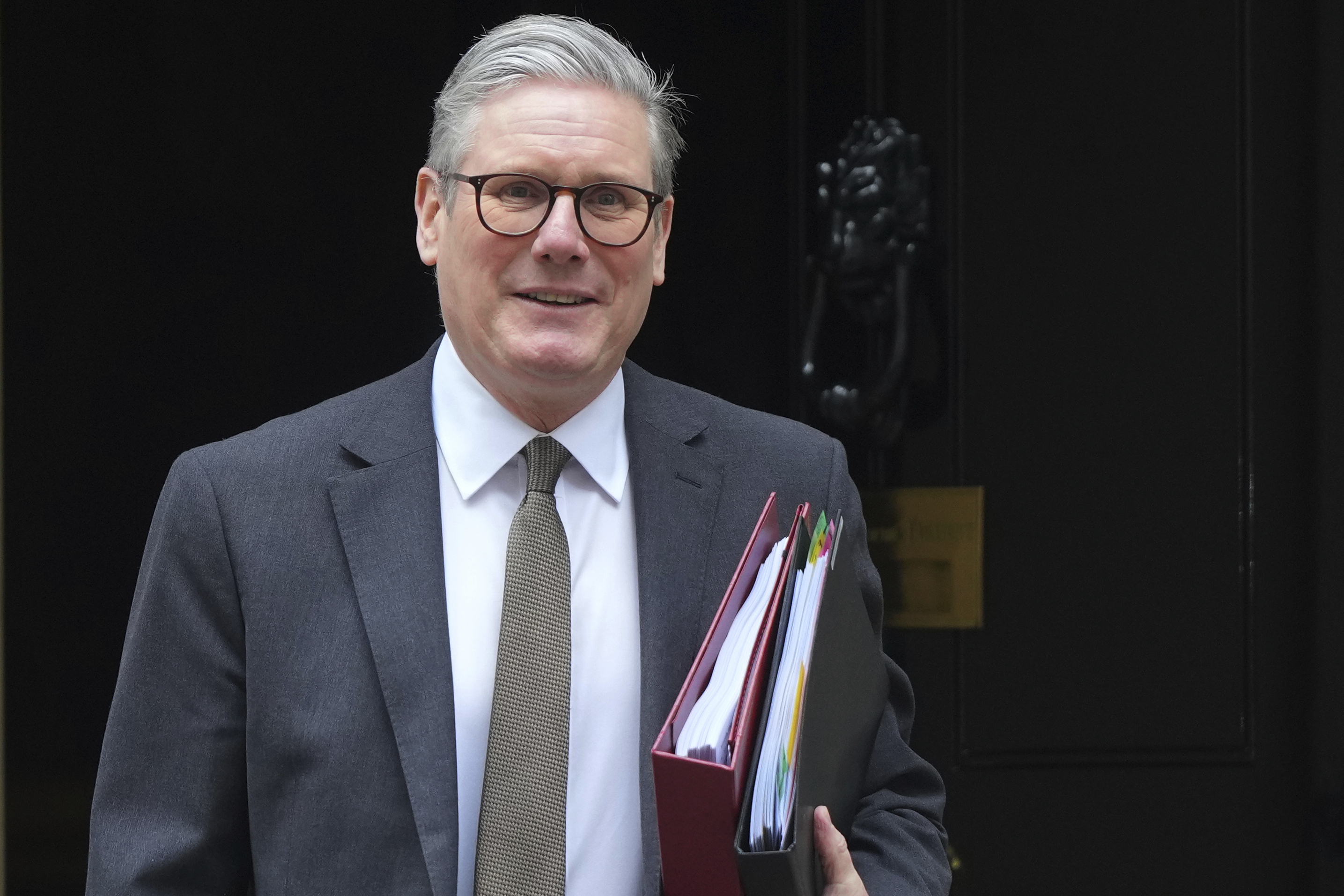The energy Ibex keeps a close eye on Keir Starmer's Government. The Labour leader is about to revolutionize the electrical playing field with a "radical reform" that the sector wants to replicate in Spain. It involves updating the process of access and connection to the grid, which, like in Spain, prioritizes the order of arrival. Downing Street's recipe involves replacing this model with a screening of applications that prioritizes the most viable and mature investments, to mitigate the risk of leakage to other territories with available grid capacity.
In the case of the United Kingdom, the new reform could be operational in spring, according to the Office of Gas and Electricity Markets (OFGEM), the official British energy regulator. The change aims to unclog the flood of projects on the waiting list to access the grid, which, up to now, and as in Spain, were classified on a first-come, first-served basis. This has led to a bubble of requests of up to 730 gigawatts (GW). To understand the magnitude of the bottleneck, in Spain, where peak demand is 45 GW, the number of pending requests amounts to 100 GW, the equivalent of "two Spains" waiting to connect to the system.
The most advanced projects, those that are not seeking to speculate with access permits, are often the ones most at risk of moving to another country if, as is the case, the waiting times to secure supply are too long. The British regulator acknowledges delays in connection of up to 10 years, a timeline similar to that experienced in Spain. That is why they are preparing to leap from an "obsolete" model, based on first come, first served, to one that will benefit "viable and necessary" projects.
The screening will be done in two phases. First, a preliminary evaluation will be carried out. Then, a detailed study will be conducted to assess the project's strength, with milestones such as having the land, urban planning license, guaranteed financing, advanced engineering... All of this will determine the position of each applicant on the waiting list.
"It will help accelerate connections for public services, including housing, hospitals, and electric vehicle charging stations, as well as new industries, such as data centers, which are key to driving economic growth," emphasizes the OFGM statement.
In Spain, industry sources admit that they have not officially requested the 'Starmer solution' from the Government, but they are also analyzing it. In fact, the Aelec business association, representing giants like Iberdrola, Endesa, and EDP, has already publicly hinted in this direction. "In the very short term, we need to organize the requests and identify which projects are mature enough to provide the grid with faster expansion and to connect them (...) we need to try to organize access permits and prioritize those that are mature. It is an important regulatory issue," Marta Castro, Aelec's Regulation Director, stated in a forum a few weeks ago.
The Ministry for Ecological Transition is about to apply a similar recipe in particularly stressed areas. Sources from the department led by Sara Aagesen indicate that they plan to launch the first demand tenders before June, based on three main criteria: investment volume, CO2 emissions reduction, and agility and solvency of the projects to be built now. The sector's desire is to extend this new electrical order to the entire system.
